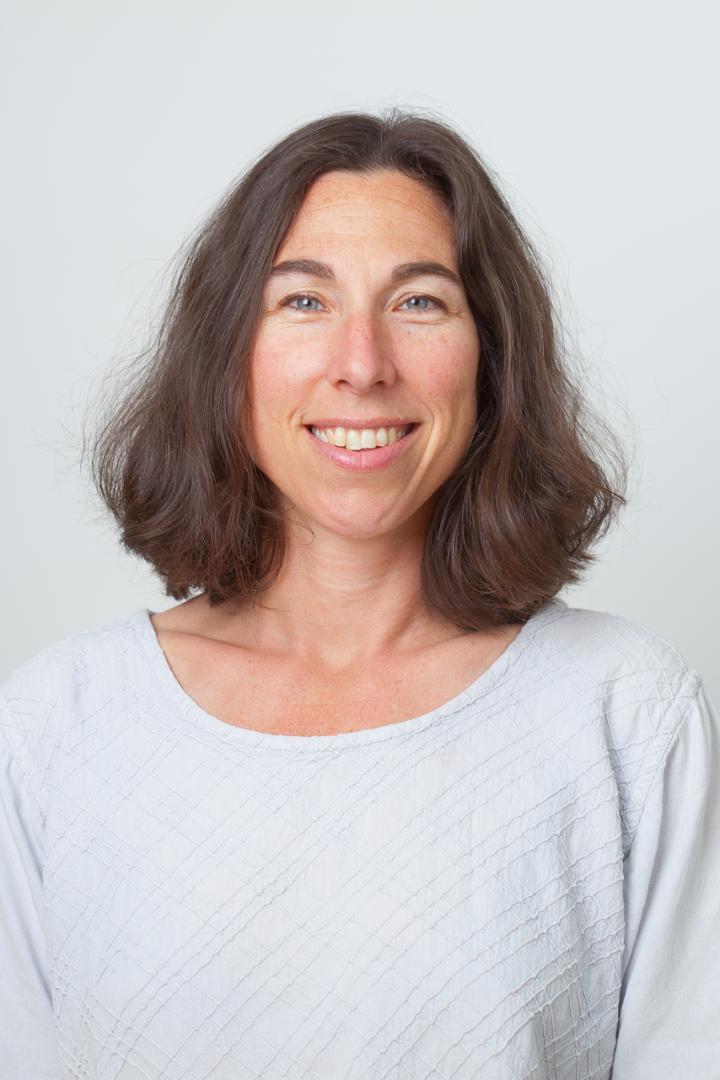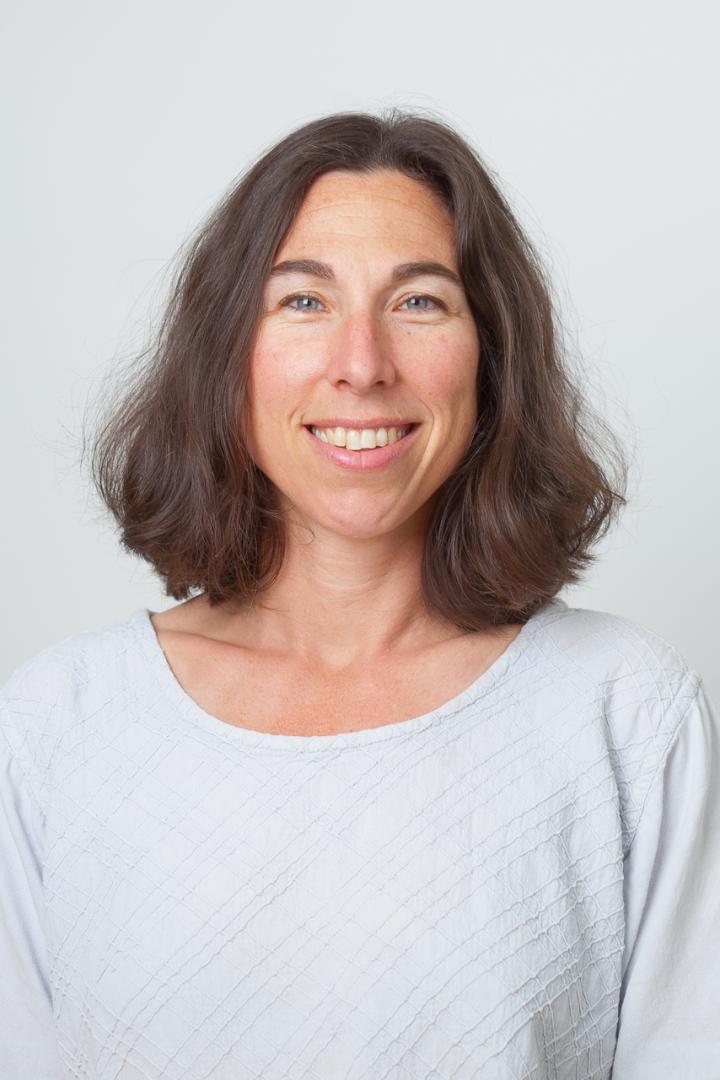
Credit: UMass Amherst
AMHERST, Mass. – As the nights grow longer and winter settles in across the north, a team of health researchers is using a "community mobilization" approach to translate research into practice for an Alaska Native youth suicide prevention program in 15 remote Alaska towns.
The intervention, "Promoting Community Conversations About Research to End Suicide" (PC CARES) was developed by Lisa Wexler and Cris Smith at the University of Massachusetts Amherst with colleagues from Northwest Alaska and the University of Alaska Fairbanks. Wexler and colleagues pilot-tested the program in 10 far-flung Native Alaska communities over the past year. They recently received a five-year, $3.5 million grant from the National Institutes of Mental Health to expand the project, "re-envisioning it to adapt to a new region," as she explains.
Wexler says that rural Alaska Native suicide rates are up to 18 times higher for young people when compared to all American youth, 124 vs. 6.9 per 100,000, and the health disparity of youth suicide continues to plague rural indigenous communities in Alaska. The current system of care – with a focus on mental health – is not effective, she adds, 79 percent of suicide decedents and 62 percent of attempters received no mental health care.
PC CARES seeks to respectfully provide Native communities with a practical method for translating scientific research into culturally relevant ways to reduce suicide risk factors and increase safety, help-seeking and support, she points out.
Wexler, associate professor of community health education at UMass Amherst's School of Public Health and Health Sciences, adds, "So much suicide prevention focuses on mental health services, but in an area where there are no roads and a mental health professional may visit only one or two days a month, putting more effort into that kind of resource is not really helpful to the community. PC CARES offers a way of translating research into community practice on their terms, so they are better equipped to use research in ways that are helpful in their communities."
For example, Wexler says, studies show that suicide deaths can be reduced by making it a little harder, adding even just 10 minutes, to delay access to lethal, dangerous means. In practical terms to Alaska Native communities where approximately 50 percent of deaths are by gunshot, this may mean that taking the bullets out of a gun or fitting it with a gun lock can make the difference. "If you can make it 10 minutes or longer that people can't get access to the weapon, you have a bigger chance to save a life," she says.
Sharing such information widely and respectfully isn't easy or straightforward in Alaska Native communities, but results of her pilot study suggest to Wexler and colleagues that promoting community conversations is helpful. Pilot results show that people learned, gained skills and took actions for prevention after participating in PC CARES.
Even more exciting, she notes, is evidence suggesting that friends and family members of PC CARES participants also increased their prevention behaviors, a show of social efficacy. Village facilitators teach service providers, family and friends "what works" from prevention science, host discussions to adapt this information to their local community and cultural contexts, and work together to take actions to support culturally relevant suicide prevention and health promotion.
"Depending on the context, there are right and wrong ways to go about putting ideas into prevention practice," Wexler says. "I may be able to share some information about 'what we know' from scientific research, and local people know how to best put it into practice. I don't. We try to bring some basic information to youth groups, elders, community organizers, tribal leaders, law enforcement and others who have social capital in the community, grandparents, friends, aunts and uncles, in learning circles to learn together both from the scientific literature and from each other. Social diffusion does the rest."
In community learning circles, church leaders, schoolteachers, social workers and health care professionals, counselors and families may see a five-minute video about how to be a good listener, for example, then pair up to try out particular skills. Or community members may reflect on a graph that shows demographics and suicidal behavior at different times of year. "We try to offer practical, applicable information and tools that can be put into practice in a variety of ways to promote wellness and reduce risk," Wexler says. "Multilevel prevention efforts, like emotional support, plus less access to lethal means, is the most effective suicide prevention."
The PC CARES program was piloted with eight learning circles, but is being condensed to include four learning circles, lasting approximately three hours each. The new funding will support its implementation in 15 Yupik, Siberian Yupik and Iñupiaq communities in the Norton Sound area, just south of the pilot region, Wexler says.
PC CARES seeks to give a whole community a chance to learn something, reflect on it, talk about it among themselves and put new ideas into practice, she adds. "Our focus is on taking earlier action, changing basics and not waiting for warning signs," the health educator notes.
"People in the community are interested in coming together to learn and work toward prevention. It is important that the learning circles themselves are facilitated by local people, and that they are designed so that everyone can learn how to be a part of wellness. Mental health counselors can learn more about local culture and practices of rural Alaska Native communities, and community members can learn what tools are effective according to prevention science. Bringing people and ideas together in this way can lead to small and huge efforts for innovative actions, and we are excited to begin."
###
Media Contact
Janet Lathrop
[email protected]
413-545-2989
@umassscience
http://www.umass.edu





